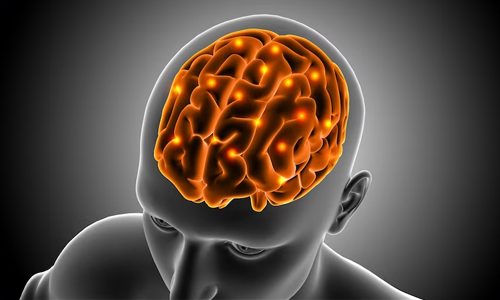In a world where we’re bombarded with constant dietary advice and trends, one practice that has stood the test of time is fasting. While fasting has long been associated with religious and cultural practices, its potential health benefits are increasingly gaining attention in scientific research. In this blog post, we’ll delve into the fasting benefits for certain health conditions, shedding light on its potential as a therapeutic tool.
Understanding Fasting
Fasting is the practice of abstaining from food and sometimes drinks for a specific period. This can range from intermittent fasting, where individuals restrict their eating window daily, to extended fasts lasting several days.
The Science Behind Fasting
Research on fasting has revealed a myriad of health benefits, ranging from weight loss and improved metabolic health to longevity and even cognitive enhancement. But perhaps most intriguing are its effects on certain health conditions.
Fasting Benefits
Metabolic Health
For individuals with type 2 diabetes or insulin resistance, fasting benefits include improved blood sugar control and insulin sensitivity. Studies have shown that intermittent fasting, in particular, can lead to significant reductions in fasting blood sugar levels and insulin levels, potentially reducing the need for medication in some cases.
Heart Health
Heart disease remains one of the leading causes of death worldwide. However, studies indicate that fasting benefits could contribute to enhancements in various risk factors associated with heart disease, such as blood pressure, cholesterol levels, and inflammation. By facilitating weight loss and mitigating oxidative stress, fasting potentially diminishes the likelihood of heart disease onset or cardiovascular events.
Brain Health
The fasting benefits aren’t confined solely to the body; they extend to the brain as well. Studies indicate that fasting can trigger the production of brain-derived neurotrophic factor (BDNF), a protein crucial for nurturing the growth and resilience of neurons. This phenomenon holds the potential to safeguard against neurodegenerative conditions such as Alzheimer’s and Parkinson’s disease, while also enhancing cognitive function.
Autoimmune Disorders
Emerging research suggests that fasting may help modulate the immune system and reduce inflammation in individuals with autoimmune disorders, where the immune system mistakenly attacks the body’s own tissues. This could offer relief for conditions such as rheumatoid arthritis, lupus, and multiple sclerosis, making management of these conditions less challenging.
Common Types of Fasting?
Starting a fast can be approached in various ways, and you can choose a method that aligns with your lifestyle and preferences. Here are several common types of fasting:
Water fasting – This involves consuming only water for a designated period.
Juice fasting – This method consists of drinking only vegetable or fruit juices for a certain duration.
Intermittent fasting – With intermittent fasting, you restrict food intake either partially or completely for several hours or days, alternating with periods of normal eating.
Partial fasting – Certain foods or beverages, such as processed foods, animal products, or caffeine, are eliminated from your diet for a specific period.
Calorie restriction – This approach involves reducing calorie intake for a few days weekly.
No matter which fasting method you choose, understanding the fasting benefits can help you make informed decisions about incorporating fasting into your lifestyle.
Is Fasting Safe for Everyone?
Not everyone can safely engage in fasting. It’s essential to consult your healthcare provider before embarking on any new dietary regimen, particularly if you’re under 18, elderly, have existing medical conditions (such as diabetes, high blood pressure, kidney stones, or acid reflux), or are taking medication. Fasting benefits are not advised for underweight individuals, those who have a history of or are recovering from an eating disorder or are pregnant or breastfeeding. For women of reproductive age, it may be best to schedule fasting during the follicular (early) stage of the menstrual cycle.
Fasting reminds us that sometimes, the most powerful remedies lie in the ancient wisdom of the past. Embrace fasting not merely as a fleeting trend, but as a timeless practice that has the potential to revolutionize our approach to health and well-being. Delving into the realm of fasting benefits uncovers a wealth of transformative potential, offering insights into our physical, mental, and spiritual well-being.





















